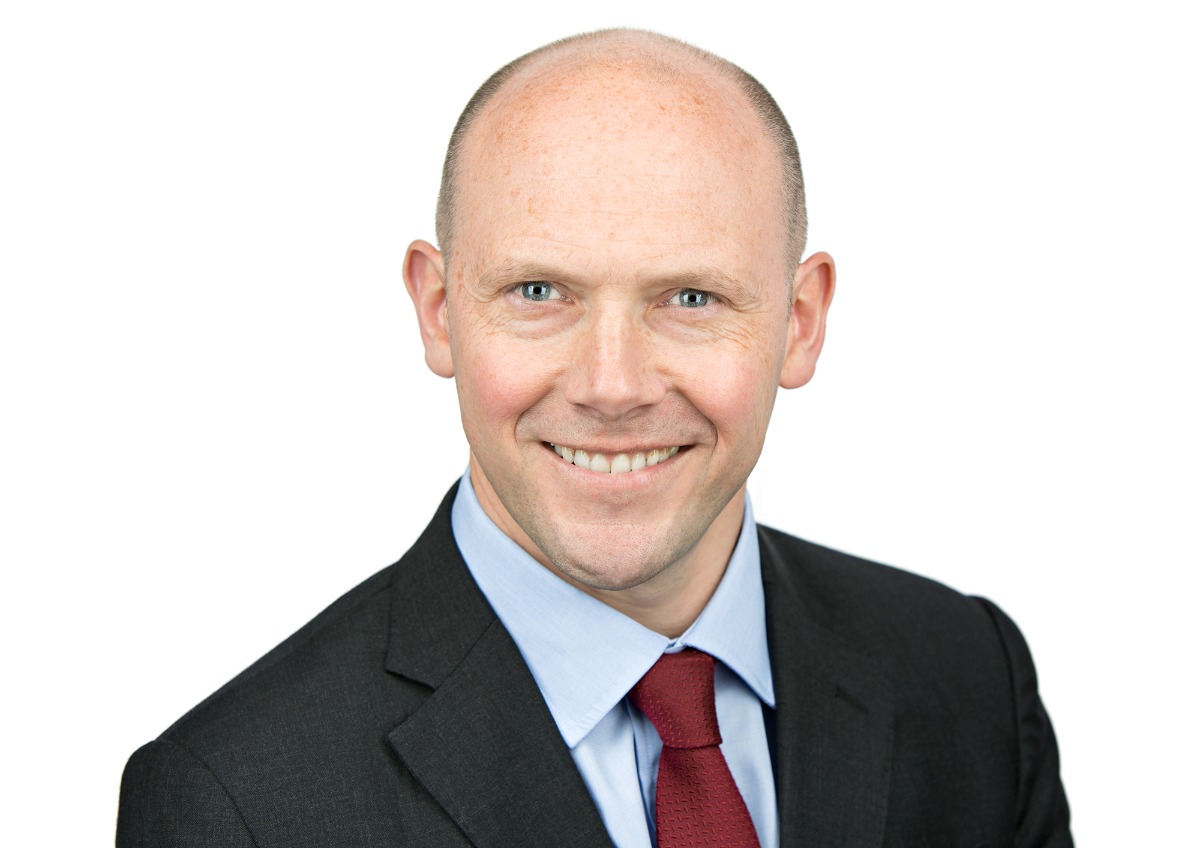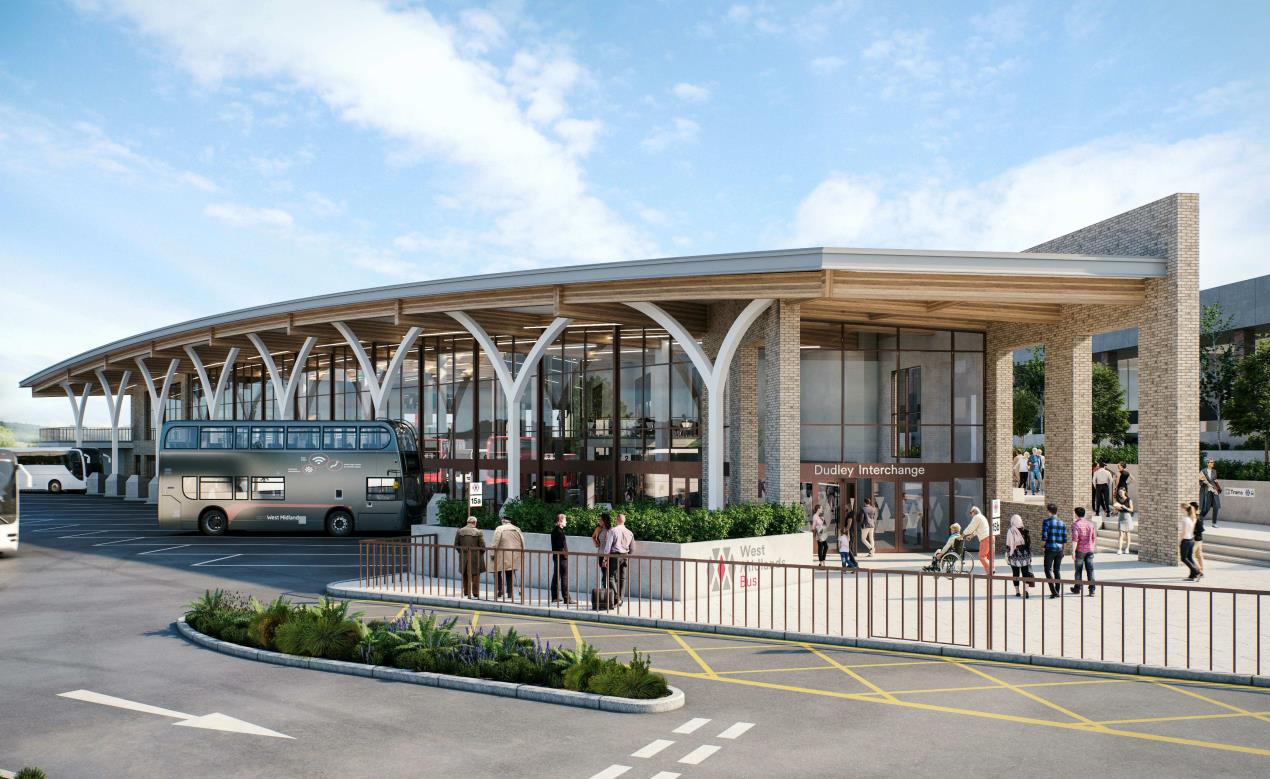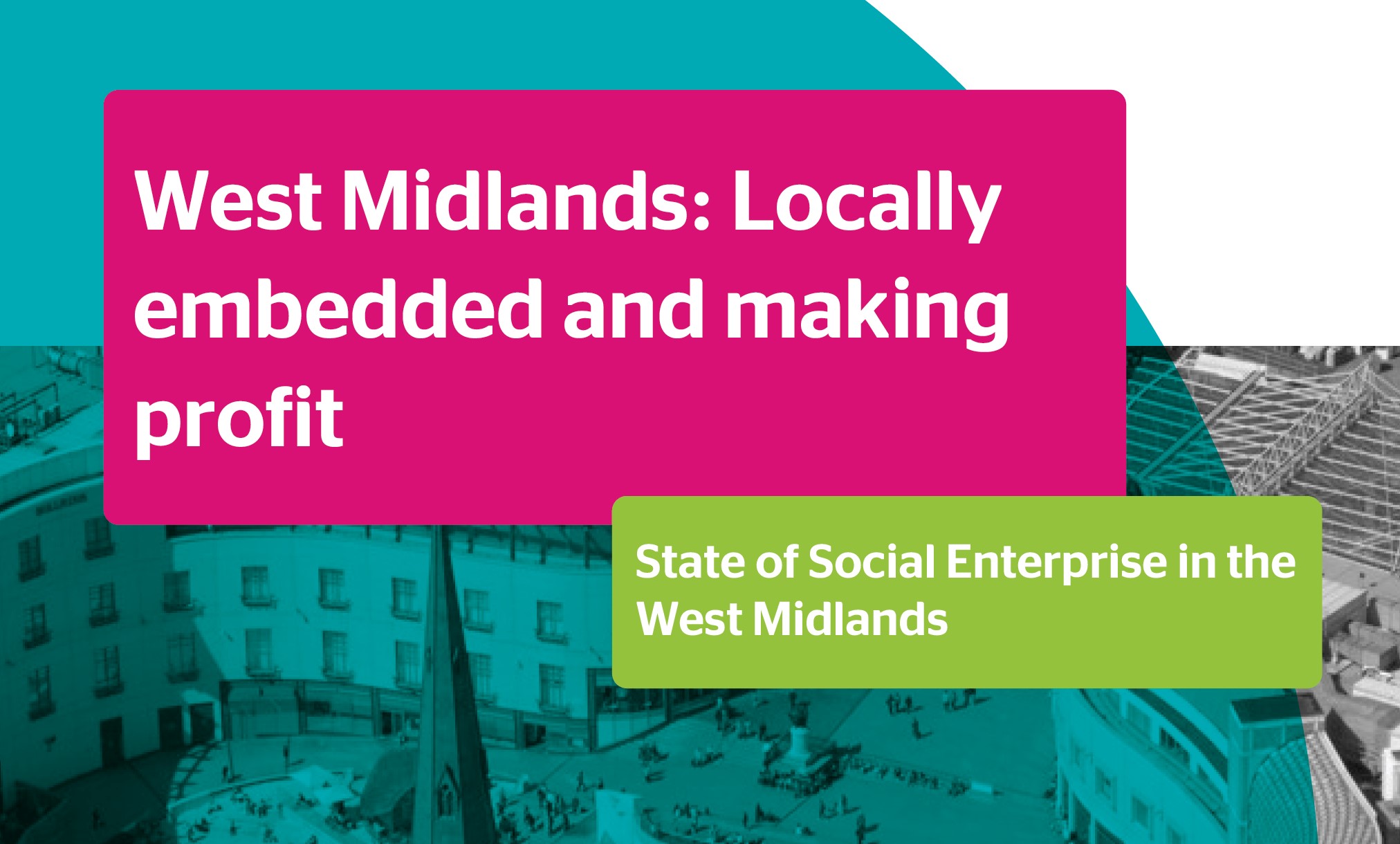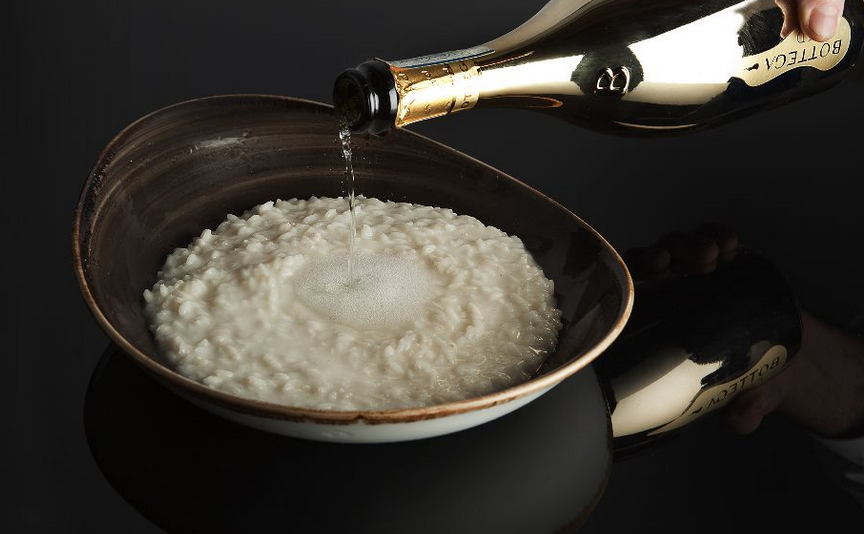Meet the former Uber driver who now owns a Cryptocurrency business valued at $8M
Anade Davis, the Founder and Chief Data Scientist for the World Data Science Institute, is also now the inventor of CryptoShare, an app that allows users to pay bills, shop, and borrow money using digital currency. Just five years ago in 2017, Anade was driving for Uber, but now he is the owner of a company that is already valued at over $8 million dollars.


























